Rewe Opens First Passive House-Certified Supermarket in Germany
German retail giant Rewe Group debuted its most ambitious project to date, opening its first Passive House-certified supermarket.
By Alex Girda, Associate Editor
German retail giant Rewe Group debuted its most ambitious project to date, opening its first Passive House-certified supermarket. The retailing concept aims to redefine the way energy is consumed by the classic box-style supermarkets, with economy and sustainability as big parts of the overall design of the facility.
Rewe presented the certificate from the Passive House Institute attesting the accomplishments of its first such venture in the company’s hometown of Hanover, during a recent press event. The newly-certified Passive House shopping market is located in the city’s zero:e park zero emissions residential area, which, when finished, will also feature 330 residential buildings, built to the Passive House Standard.
Developers Meravis Wohnungsbau – und Immobilien GmbH handled the construction of the Rewe supermarket that only has a heating demand of 12 kWh. The building’s unique design, a big part of which is its fully timber-covered façade, was thought out by architecture firm Spengler and Wiescholek. According to a press statement, the ETH University in Zurich and Chalmers University in Gothenburg supported the development of the efficiency requirements for the individual components while Ostermeyer Architects played a role in the quality assurance process.
During Rewe Group’s pilot project, the development proved that the new Passive House-certified supermarket concept offers about 30 percent in energy savings when compared to regular supermarket buildings. The new structure employs highly efficient equipment that helps reduce energy consumption and maintenance fees for the facility.
An integral part of the design is the insulated envelope that makes sure that any waste heat generated by the supermarket’s refrigeration system is put to good use covering heating needs. According to a recently issued press statement, the project focused on saving energy from the cooling that is required inside the facility, as well as the lighting element, with the two being responsible for 80 percent of total energy consumption.
Facilities at the new Rewe supermarket were specially designed for the project, with lighting consuming only half of what conventional fixtures would, while providing the same output. Due to the aforementioned insulation system, active heating is redundant during winter months, with a rotary heat exchanger ensuring heat recovery. The system also channels away excessive heat during the summer.

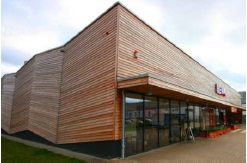
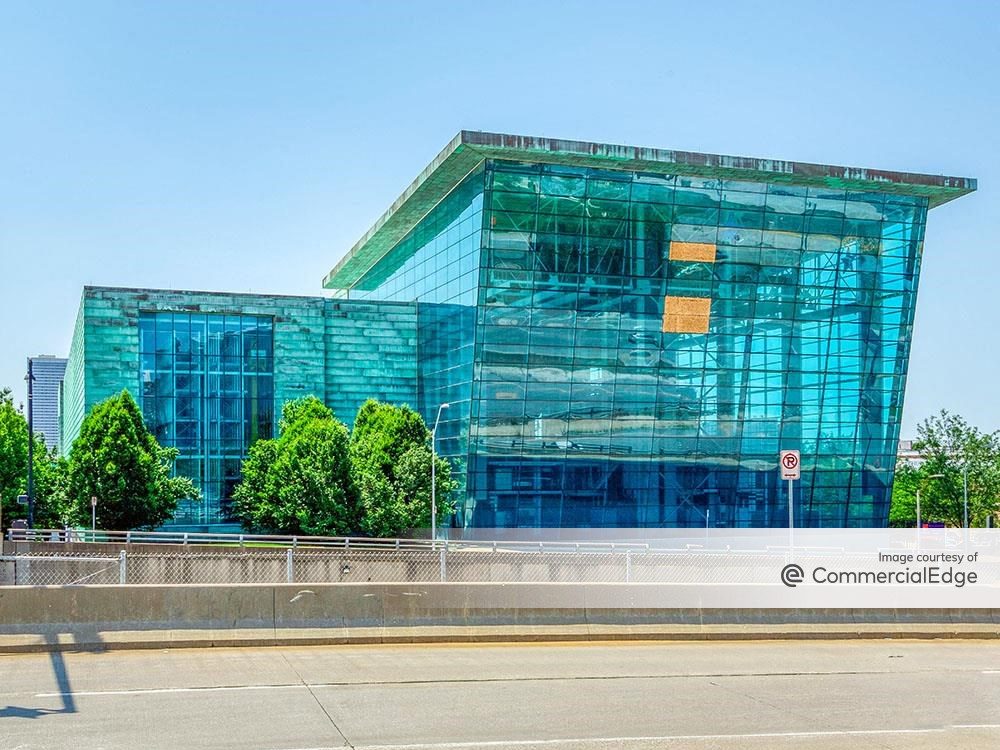

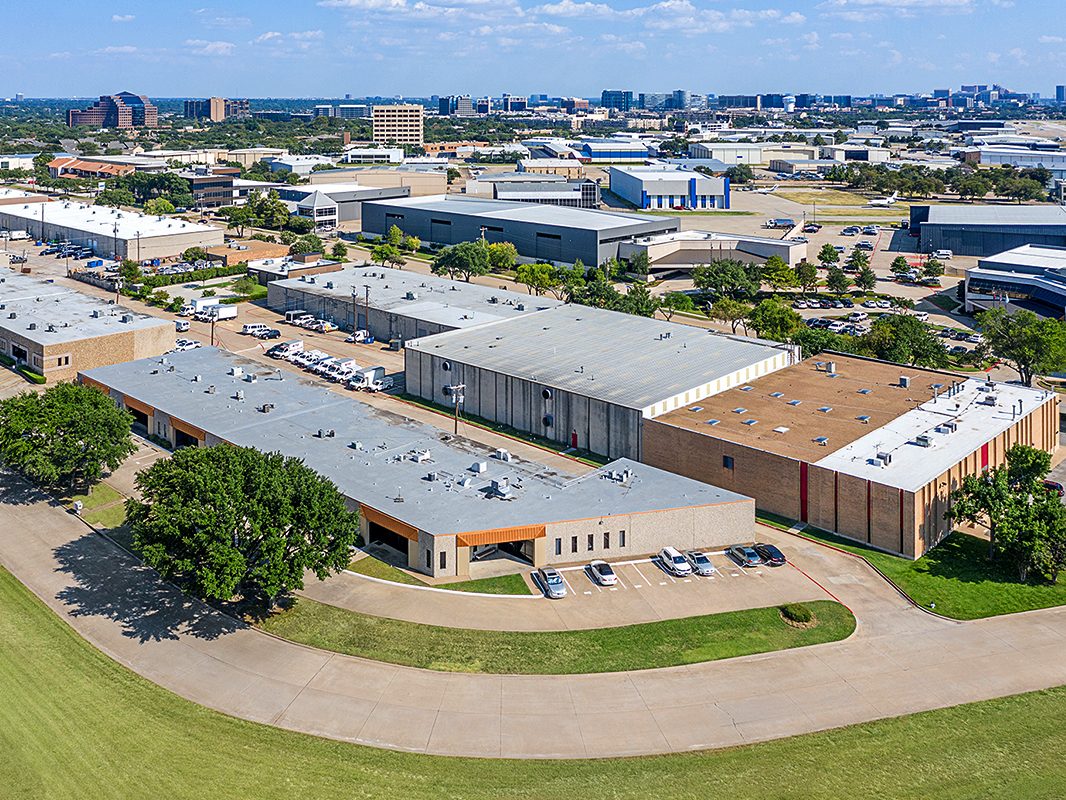

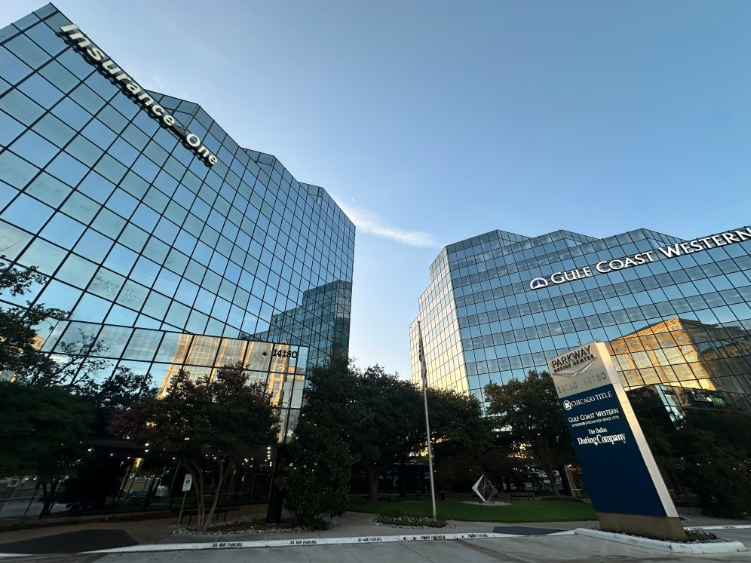
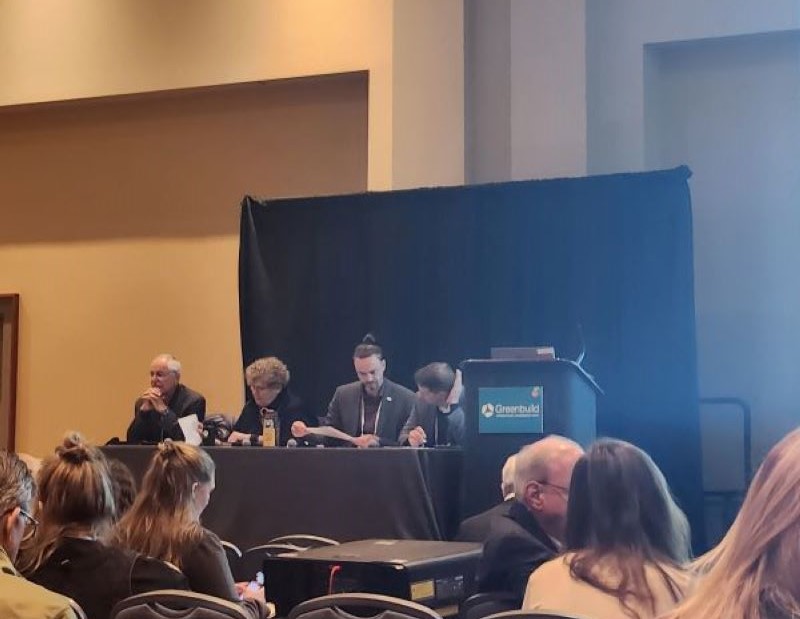
You must be logged in to post a comment.